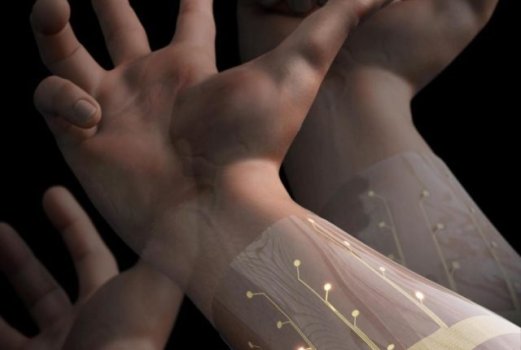New Delhi: You’ve probably heard for years that the workforce would be supplanted by robots. AI has changed several roles, such as using self-checkouts, ATMs, and customer support chatbots. The goal is not to scare people, but to highlight the fact that AI is constantly altering lives and executing activities to replace the human workforce. At the same time, technological advancements are producing new career prospects. AI is predicted to increase the demand for professionals, particularly in robotics and software engineering. As a result, AI has the potential to eliminate millions of current occupations while also creating millions of new ones.
Among the many concerns that AI raises is the possibility of wiping out a large portion of the human workforce by eliminating the need for manual labor. But it will simultaneously liberate humans from having to perform tedious, repetitive tasks, allowing them to focus on more complex and rewarding projects, or simply take some much-needed time off.
According to a McKinsey report, depending on the adoption scenario, automation will displace between 400 and 800 million jobs by 2030, requiring up to 375 million people to change job categories entirely.
These figures can make people feel uneasy and anxious about the future. However, history suggests that this may not be the case; there is no question that some industries will be transformed to the point where they no longer require human labor, leading toward job redefinition and business process reform. For eg, the diagnosis of many health issues could be effectively automated, making doctors focus on other major issues that need their attention. In terms of replacing humans completely, human labor is and will continue to be necessary for the foreseeable future.
Continue reading: https://kalingatv.com/miscellany/4-skills-that-wont-be-replaced-by-ai-in-the-future/
Among the many concerns that AI raises is the possibility of wiping out a large portion of the human workforce by eliminating the need for manual labor. But it will simultaneously liberate humans from having to perform tedious, repetitive tasks, allowing them to focus on more complex and rewarding projects, or simply take some much-needed time off.
According to a McKinsey report, depending on the adoption scenario, automation will displace between 400 and 800 million jobs by 2030, requiring up to 375 million people to change job categories entirely.
These figures can make people feel uneasy and anxious about the future. However, history suggests that this may not be the case; there is no question that some industries will be transformed to the point where they no longer require human labor, leading toward job redefinition and business process reform. For eg, the diagnosis of many health issues could be effectively automated, making doctors focus on other major issues that need their attention. In terms of replacing humans completely, human labor is and will continue to be necessary for the foreseeable future.
Continue reading: https://kalingatv.com/miscellany/4-skills-that-wont-be-replaced-by-ai-in-the-future/

